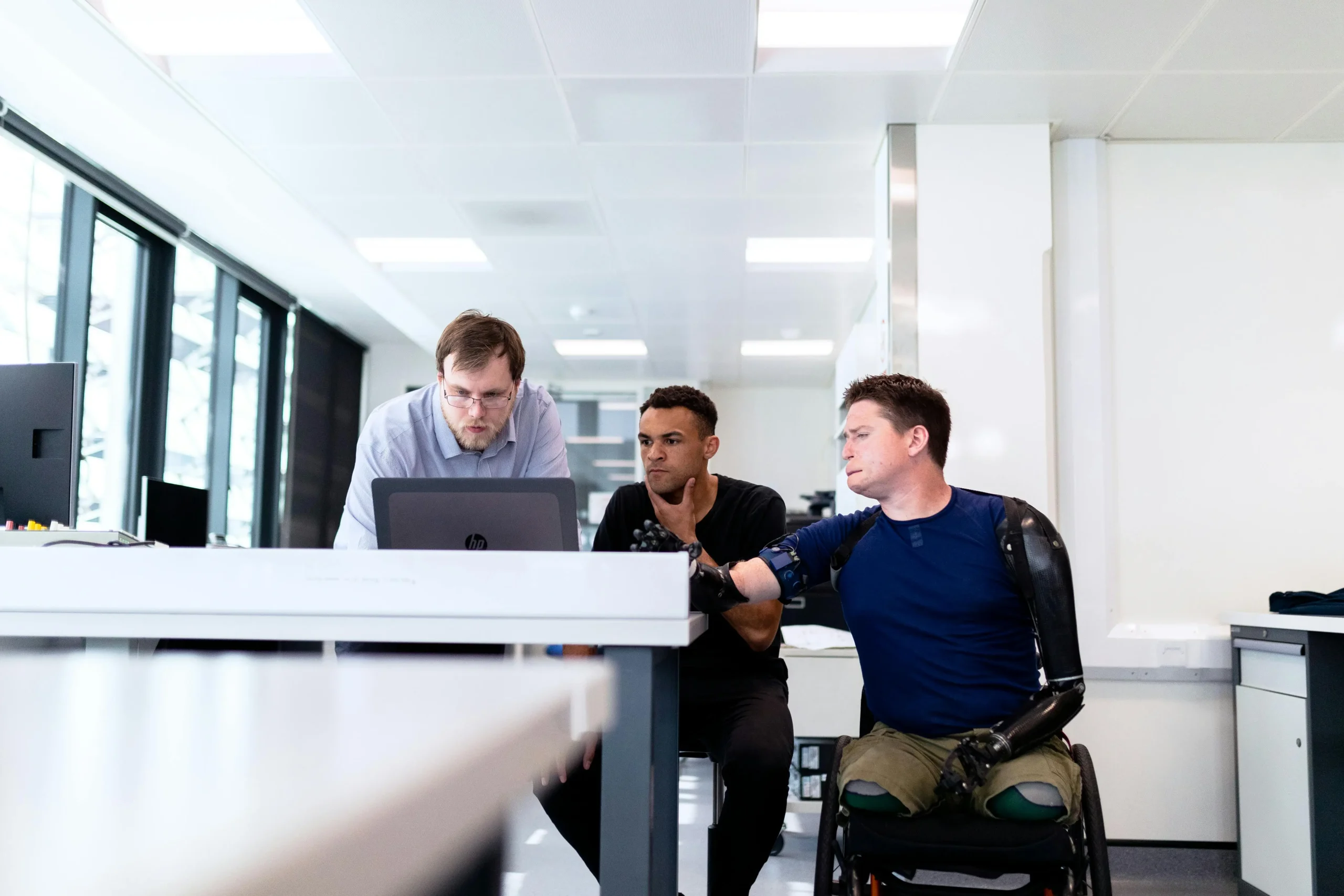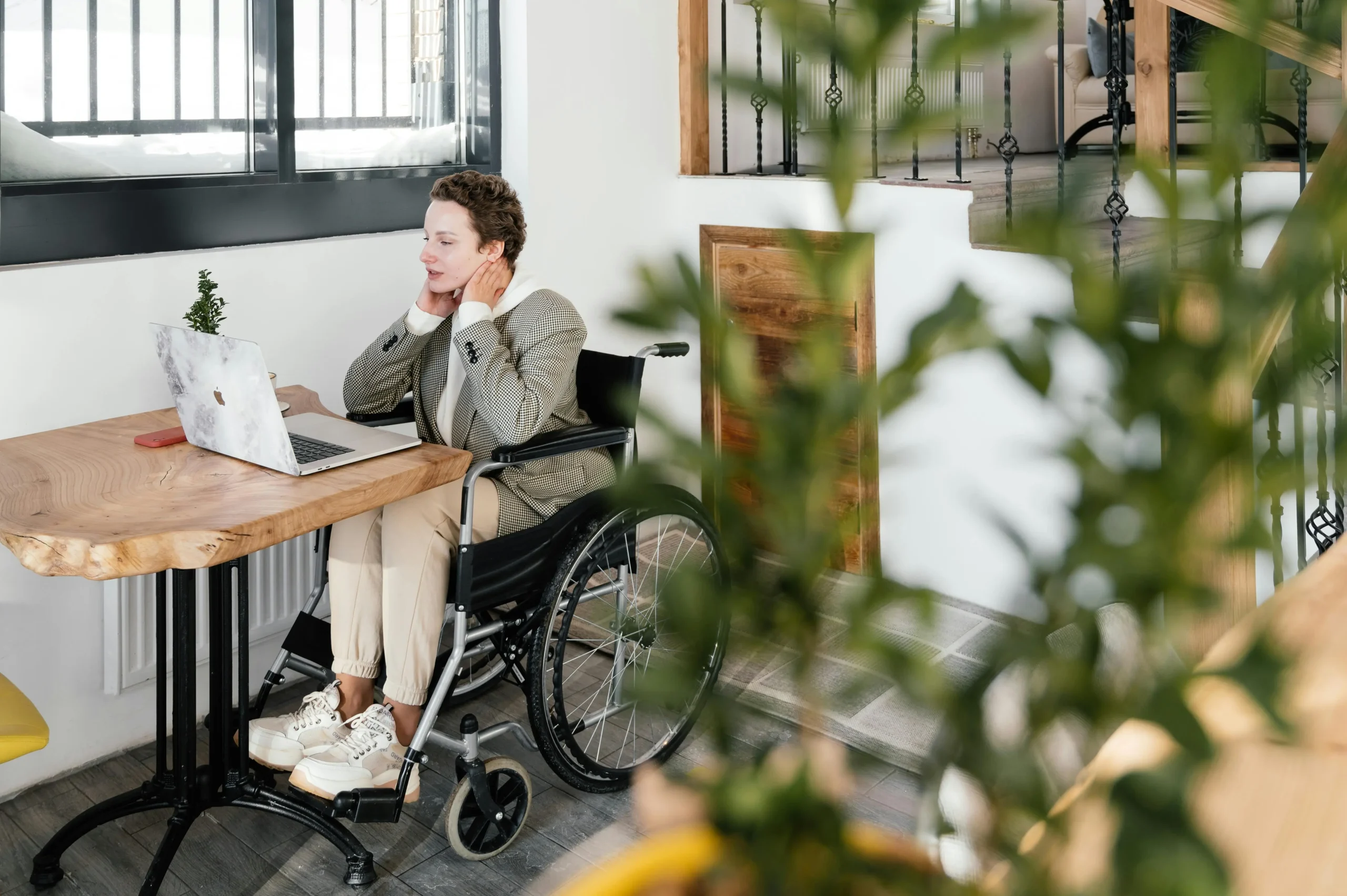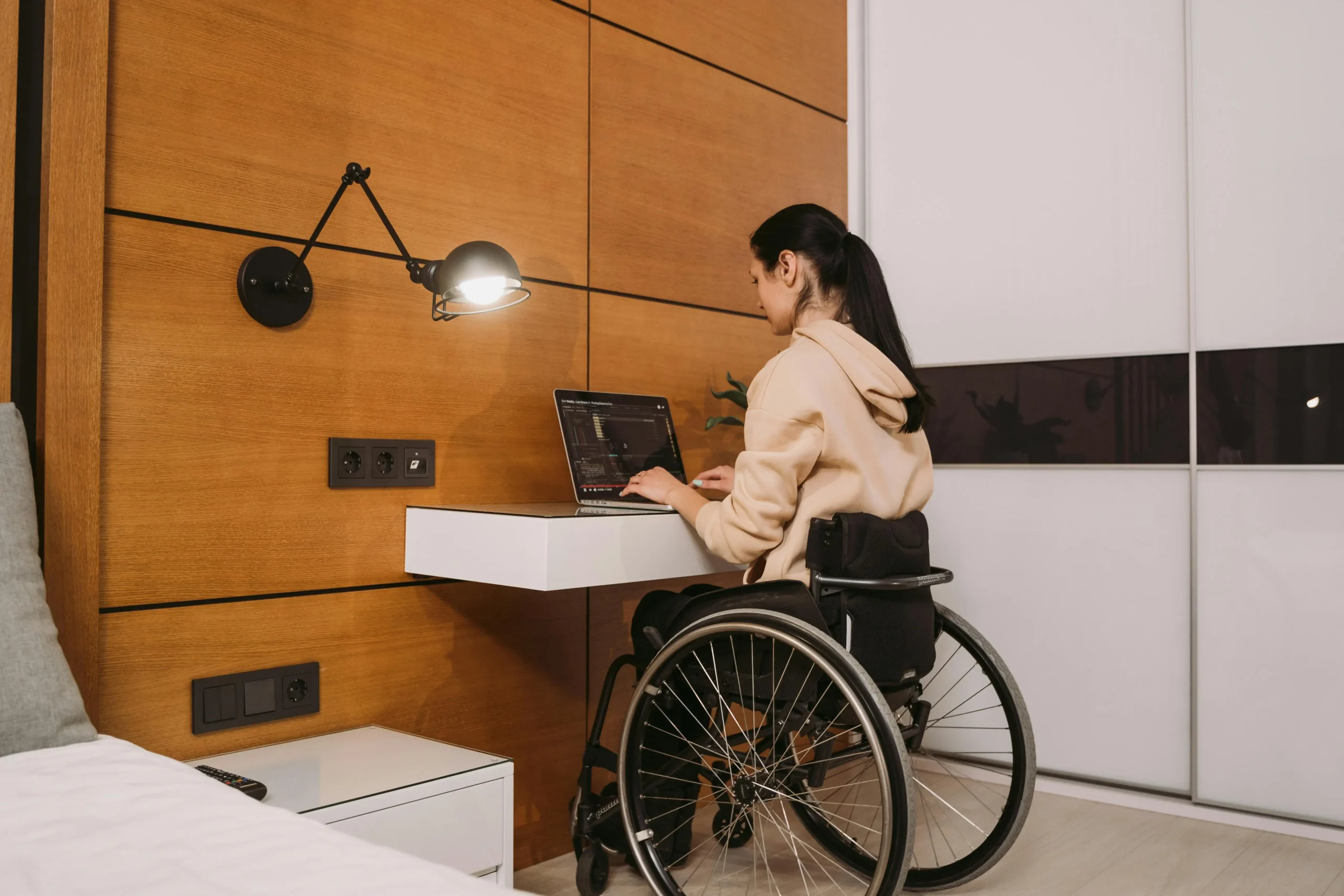Looking for a job as a people with disabilities can sometimes feel overwhelming. Whether it’s physical, intellectual, or emotional, your disability doesn’t have to stand in the way of finding meaningful employment. With the right approach, resources, and tools, you can secure a job that not only meets your needs but also empowers you. In this blog, we’ll discuss practical tips to help you confidently navigate the job market and land your ideal position.
1. Identify the Right Job Opportunities for people with disabilities
Finding Jobs that Fit Your Skills and Needs
The first step to a successful job search is identifying the right opportunities. Job seekers with disabilities should focus on roles that match their skills, experience, and unique abilities. Platforms like Equal Capable Jobs are designed to offer job listings that are specifically tailored to people with disabilities, making it easier to find opportunities that suit you.
Be clear about what kind of work environment you thrive in. Do you prefer working remotely? Would you benefit from an office space with accessibility features? These are important questions to consider when browsing job listings.
2. Use Disability-Specific Job Boards
Targeted Job Search for Better Results
General job boards can sometimes make it difficult to find positions that are inclusive or specifically aimed at people with disabilities. Instead, look for niche job boards, like Equal Capable Jobs, that are dedicated to connecting people with disabilities to suitable employment opportunities. These platforms focus on creating accessible, inclusive job environments where your talents can shine.
Other helpful job boards include Ability Jobs, Disabled Person, and Diversity Jobs. These websites have filters and categories that make it easier to match your skill set with available roles.
3. Leverage Your Network
Networking Can Be a Game-Changer
One of the most effective ways to find a job is through networking. Reach out to family, friends, and professional contacts to let them know you’re seeking employment. Joining disability-related organizations, forums, and online groups can also open doors to job opportunities that might not be widely advertised.
Platforms like LinkedIn allow you to connect with industry professionals and recruiters who may be looking for diverse talent. Make sure your LinkedIn profile is up-to-date and reflects your strengths and achievements.
4. Know Your Rights
Understand Employment Laws and Protections
It’s essential to know your rights when entering the job market. In many countries, there are laws designed to protect people with disabilities, such as the Americans with Disabilities Act (ADA) in the United States or the Equality Act in the UK. These laws require employers to provide reasonable accommodations and prohibit discrimination against people with disabilities.
Before applying to jobs, familiarize yourself with your local employment rights. This knowledge will empower you during the application and interview processes.
5. Tailor Your Resume and Cover Letter
Showcase Your Unique Strengths
Your resume and cover letter are your first opportunity to make an impression on potential employers. Tailor them to highlight not only your skills and experience but also how you’ve overcome challenges or how your disability has made you more adaptable, resilient, or skilled in certain areas.
Focus on your achievements and how your unique perspective can bring value to a company. Emphasizing your strengths will help employers see you as an asset, not just as a candidate with a disability.
6. Practice for Interviews: people with disabilities
Preparation is Key
Interviewing can be nerve-wracking for anyone, but with the right preparation, you can approach it with confidence. Practice common interview questions with a friend or mentor, and be ready to discuss how you’ve overcome challenges or how your disability has shaped you as a professional.
Additionally, be ready to talk about any reasonable accommodations you may need to perform well in the role. This shows the employer that you’re proactive and clear about your needs.
7. Don’t Be Afraid to Ask for Accommodations for people with disabilities
Advocate for Yourself
When applying for jobs, don’t hesitate to ask for reasonable accommodations that will help you perform your best. Whether it’s during the interview or on the job, advocating for yourself is crucial. Employers are legally obligated to provide accommodations, so don’t be afraid to bring it up during the application process.
For example, if you need assistive technology, flexible working hours, or a modified workspace, let your employer know. This ensures that you can work comfortably and efficiently.
8. Stay Positive and Persistent
Resilience Will Take You Far
Job searching can be a lengthy process, and it’s easy to feel discouraged. However, staying positive and persistent is key. Keep applying, refining your resume, and learning from each experience. Remember that rejection is a normal part of the job search and doesn’t reflect your worth as a professional.
By staying motivated, connected, and informed, you’ll eventually find the right opportunity.













